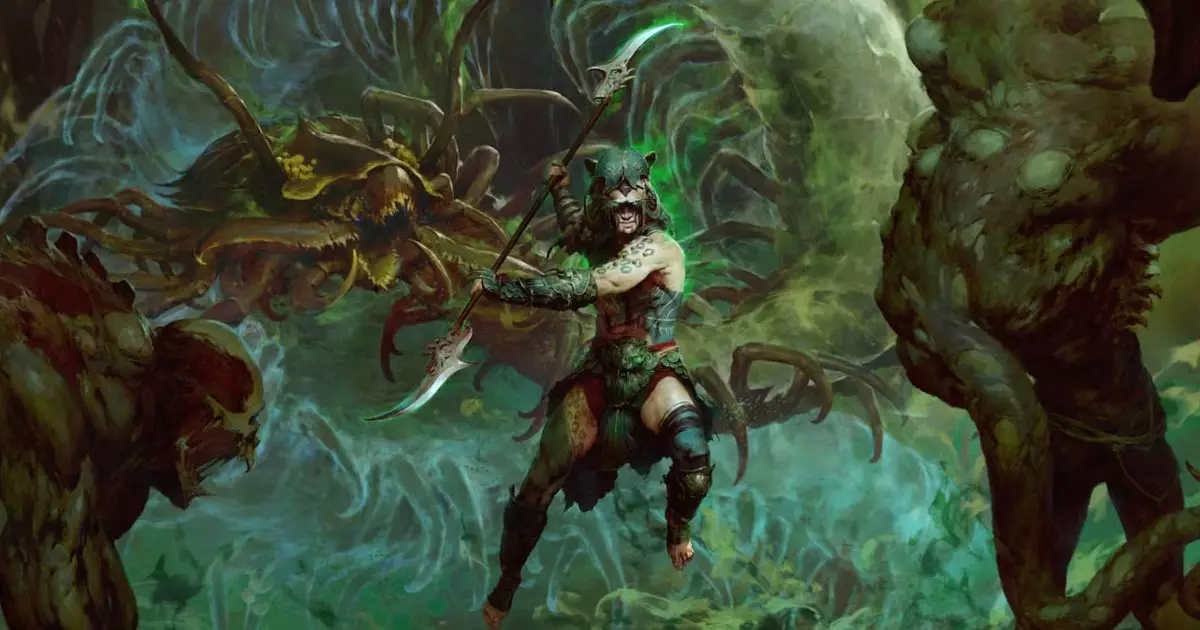The term “Action RPG” often leads to confusion due to its varied interpretations within the gaming community. At first glance, one might categorize titles like *Diablo 4* and *Path of Exile* as quintessential examples of the genre, both clearly fitting the description of Action RPGs. These games blend traditional role-playing elements, such as character development and story progression, with dynamic, real-time combat that draws players in with its fast-paced gameplay. However, when we extend the label to include iconic titles like *Zelda*, the situation becomes convoluted. The divergence presents a challenge for budding game developers and enthusiasts alike who may be unsure about what qualifies an experience as an “Action RPG.”
This disarray underscores the necessity of terminology in the gaming industry – what one person views through the lens of innovative gameplay might be seen by another as a derivative project. The struggle for a cohesive definition of Action RPGs raises legitimate questions surrounding the genre’s evolution and how its lineage impacts the reception of new releases.
Reframing the Genre: The Diablo Influence
The recent commentary from Rod Fergusson, a prominent figure in developing the *Diablo* franchise, suggests that perhaps it is time for the gaming community to adopt more specific terminology. By proposing that games akin to “Diablo” be termed as “Diablo-likes,” Fergusson inadvertently draws attention to the complexities of genre classification. This proposition stirs debate and feels reminiscent of defining sub-genres like “Souls-like” or “Rogue-like,” marking a potential shift in how we conceptualize gaming lineage.
However, this idea comes with its own baggage. To suggest that *Diablo* occupies a progenitor role in the Action RPG space implies a certain standard of excellence, which fans are divided on. For some, the historical significance of *Diablo* as a pioneering title cannot be overstated; for others, the franchise has strayed from its roots and now occupies a less esteemed position in gaming lore. This discussion evokes stronger reactions than it probably deserves, especially when viewed through the lens of our current sociopolitical climate.
The Complex Web of RPG Elements
To clarify the muddled waters of Action RPGs, consider this distinction: if the core emphasis of a game centers on real-time action mechanics coupled with RPG features such as character customization and narrative depth, then it firmly belongs in the Action RPG category. In contrast, if the game primarily showcases action gameplay enriched with RPG-like elements, the conversation becomes a bit more nuanced. This taxonomy might seem trivial to some, but it indeed serves a purpose in understanding how various titles fit within the broader gaming landscape.
Thus, the challenge remains: How do we define genre without diminishing the artistic merit and uniqueness that each title brings to the table? The term “Action RPG” must adapt, contorting to fit various interpretations without losing its essence. Ultimately, it invites ongoing dialogue about not only gameplay mechanics, but also how we experience narrative engagement and the cultural implications of the games we play.
While the term Action RPG has exploded into a menagerie of meanings, it is essential to remain open-minded, engaging in discussions that challenge our understanding and appreciation of the genre. What we must recognize is that, while definitions can shape our experiences, they should never stifle the creativity that drives the gaming industry forward.


Leave a Reply